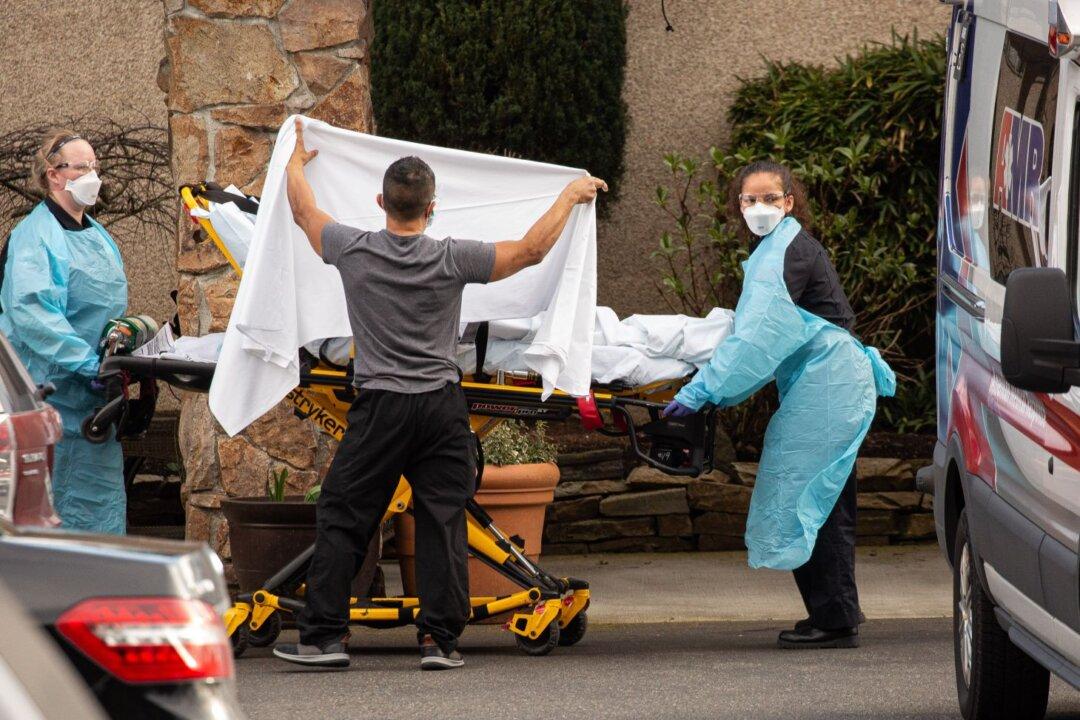A top U.S. health official said officials are starting to see community transmission of COVID-19 coronavirus cases in United States as the number of countrywide cases has risen to 72 as of Sunday.
Dr. Anthony Fauci, a member of the White House coronavirus task force, explained on Sunday that there has been an increase in cases of the virus that cannot be traced to anyone. This is in contrast to previous cases, where patients had a connection to an infected person from a hard-hit area such as China or the Diamond Princess cruise ship held off Japan.





